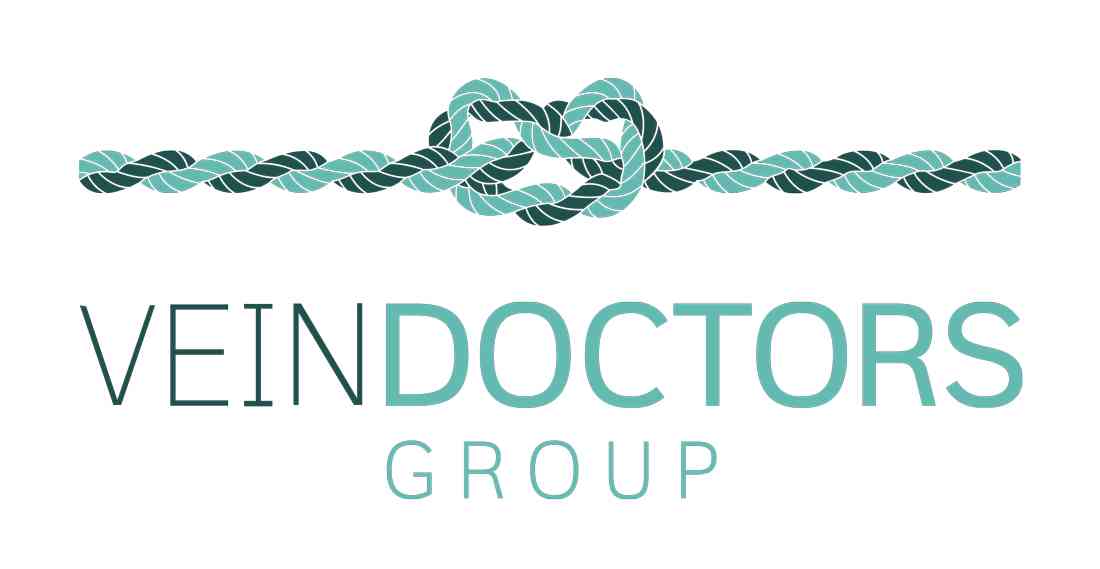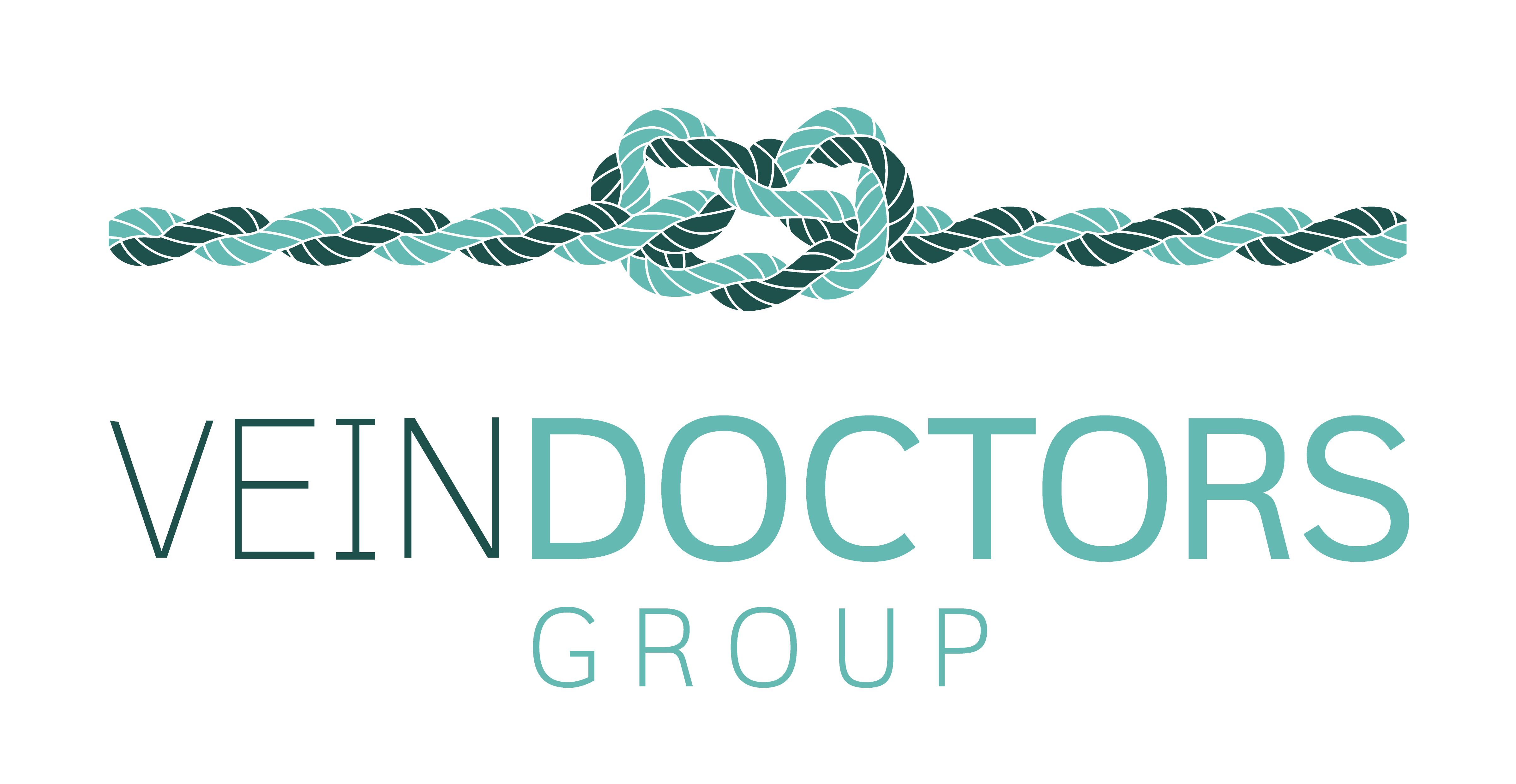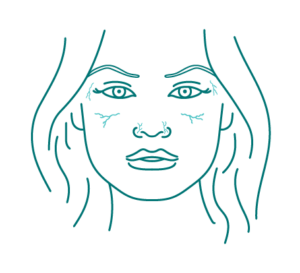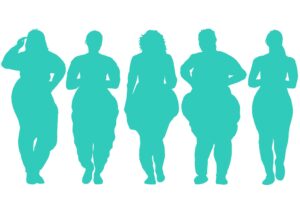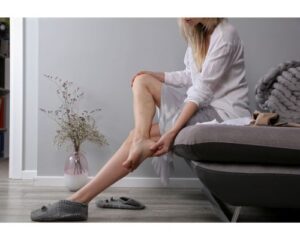Understanding Varicose Veins
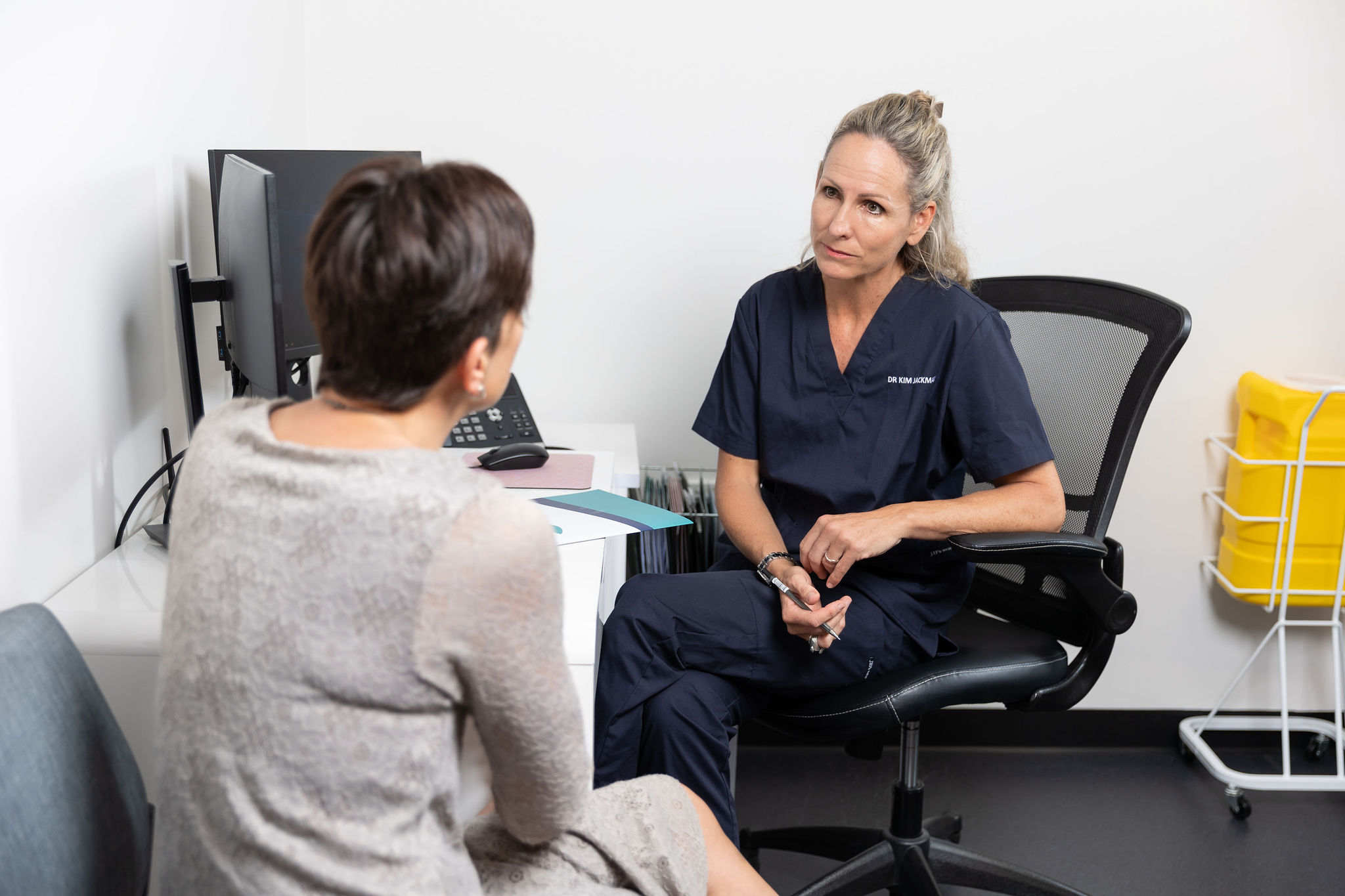
Varicose veins are a common condition that affects millions of people worldwide, yet they are often misunderstood or overlooked as a purely cosmetic issue. In reality, varicose veins can significantly impact your health and quality of life, and if left untreated cause discomfort, pain, and even serious complications. If you’re experiencing symptoms, seeking care from an experienced phlebologist can help you find effective solutions to restore your vein health. This article will help you recognize the symptoms and take the first step toward healthier, pain-free legs.
What Are Varicose Veins?
Varicose veins are enlarged, twisted veins that typically appear just beneath the surface of the skin. They most commonly develop in the legs and feet due to increased pressure in these veins when standing or walking. While smaller spider veins are often a cosmetic concern, varicose veins can signal underlying venous insufficiency—a condition where veins struggle to efficiently return blood to the heart.
What Causes Varicose Veins?
Varicose veins develop when the valves in your veins, which prevent blood from flowing backward, become weak or damaged. This allows blood to pool in the veins, causing them to stretch and enlarge. Several factors can contribute to the development of varicose veins, including:
- Genetics – A family history of varicose veins increases your risk.
- Age – As we age, veins lose elasticity, and valves may become weaker.
- Gender – Hormonal changes during pregnancy and menopause or hormonal therapies can increase risk, making varicose veins more common in women.
- Pregnancy – Increased blood volume during pregnancy puts extra pressure on veins.
- Prolonged Sitting or Standing – Occupations or lifestyles requiring long periods of sitting or standing can worsen venous pressure.
- Obesity – Excess weight adds pressure on veins, contributing to vein damage.
Symptoms of Varicose Veins
Varicose veins often present visibly, but the symptoms can extend beyond what you see on the surface. Common signs include:
- Visible, bulging veins – Enlarged, rope-like veins that may appear blue or purple.
- Swelling – Particularly in the lower legs or ankles.
- Aching or heaviness – Legs may feel tired, heavy, or achy, especially after standing or walking.
- Skin changes – Discoloration, dryness, or thickened skin near the affected veins.
- Pain or cramping – Often worse in the evening or after prolonged inactivity.
- Itching or burning sensation – Around the area of the varicose veins.
If left untreated, varicose veins can lead to complications like leg ulcers, deep vein thrombosis (DVT), or chronic venous insufficiency.
Why Treat Varicose Veins?
Treating varicose veins isn’t just about aesthetics—it’s about improving your overall health and preventing complications. Effective treatment can:
- Relieve pain, discomfort, and swelling.
- Improve leg appearance and self-confidence.
- Enhance circulation, reducing the risk of blood clots and ulcers.
- Restore mobility and improve quality of life.
When to See a Vein Expert
If you’re experiencing persistent symptoms or visible varicose veins, it’s time to consult a Phlebologist who can evaluate your condition using diagnostic tools such as vascular ultrasound imaging to determine the best course of action. Early intervention can prevent further progression and ensure better outcomes.
Varicose veins are more than just a cosmetic concern—they’re a medical condition that can affect your comfort, mobility, and overall health. Fortunately, with a wide range of advanced treatment options available, relief is within reach. If you’re struggling with varicose veins, the experienced team at Vein Doctors Group is here to help. Our doctors are experts in comprehensive vein care, offering tailored treatment plans to restore your health and confidence.
Book Now for a consultation and start your journey to more comfortable, healthier legs.
